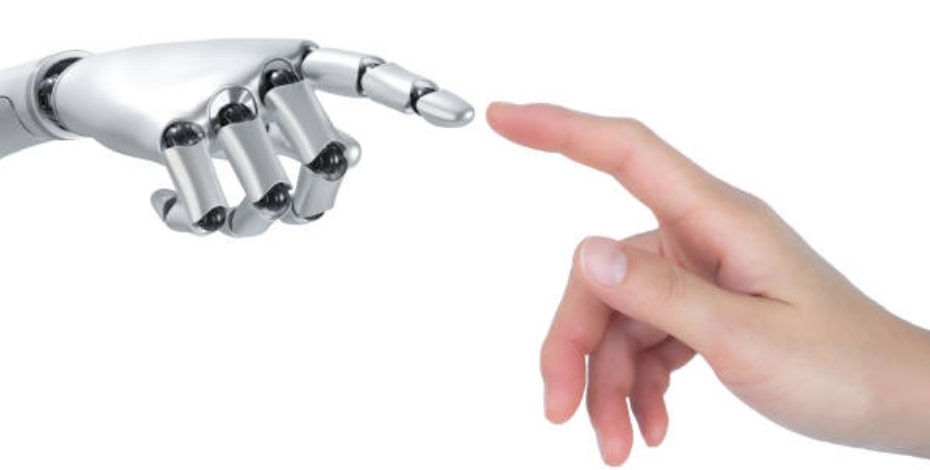
AI enters the chat

Will artificial intelligence (AI) replace physiotherapists? No, it certainly will not.
In recent years, however, AI has rapidly evolved and has found applications in all kinds of sectors, driving change at a rapid pace and revolutionising the way we live and work.
The field of healthcare, including physiotherapy, is no exception.
A groundbreaking AI transformation is already taking place in the realm of continuing professional development— from universities and training providers to APA courses and lectures.
The leverage that AI provides to enhance the quality, accessibility and speed of content creation for physiotherapists means that research translation and learning content will be delivered instantaneously.
Instead of waiting two years for curriculum modules, we can have them in days.
That’s a big boost for physiotherapists working to their full scope of practice because learning will be readily available in niches in which the profession has previously struggled to produce learning modules.
AI will assist expert clinicians and researchers to create content without being a curriculum designer or instructional designer itself.
Another area in which AI will play a transformative role is personalised learning paths.
AI algorithms can analyse individual physiotherapists’ learning preferences, strengths and areas for improvement.
By harnessing the power of machine learning, our continuing professional development platforms can tailor educational content to meet the specific needs of each practitioner, delivering a more engaging and relevant learning experience.
AI can also facilitate real-time assessment and feedback, offering immediate insights into a physiotherapist’s performance.
This enables quick identification of areas that may require additional attention, allowing practitioners to address knowledge gaps promptly.
Dynamic feedback mechanisms like this enhance the learning process, fostering continuous improvement and maintaining high standards of patient care.
Virtual reality and augmented reality can create immersive learning experiences, allowing physiotherapists to participate in hands-on simulations, even from the comfort of their homes.
This not only increases accessibility but also promotes a more inclusive and diverse learning environment.
AI is set to overturn the way physiotherapists manage patient notes, offering significant advantages in efficiency and accuracy.
By employing natural language processing and machine learning algorithms, AI tools can assist physiotherapists to document patient information, treatment plans and progress notes with remarkable precision.
These systems can analyse vast amounts of research literature, ensuring that patient records are up to date and align with the latest evidence-based practices.
However, the adoption of AI in patient notes also raises important medico-legal considerations.
Physiotherapists must be vigilant about making sure that AI-generated content is accurate and relevant and complies with regulatory standards.
To mitigate any potential legal implications, maintaining transparency in the use of AI tools and taking responsibility for the final review of patient notes will be crucial.
We will need to strike the right balance between harnessing AI’s capabilities and maintaining the accountability and expertise of the healthcare professional if we are to successfully navigate the ever-changing medico-legal landscape of AI in physiotherapy practice.
As we embrace AI as a profession, it is also crucial to address concerns about data security and privacy.
Robust cybersecurity measures to protect the personal and medical information of patients is essential for every practice.
The APA urges all physiotherapists to work closely with their technology experts to ensure that AI applications adhere to the highest standards of data protection.
The integration of AI into healthcare marks a new era and I am excited about its potential to transform the way the profession delivers care.
By embracing these emerging technologies, we can create a more personalised, accessible and impactful experience, ultimately raising the standards of physiotherapy practice across Australia.
>>James Fitzpatrick APA General Manager, Member Experience
Contact James, via email.
© Copyright 2024 by Australian Physiotherapy Association. All rights reserved.





